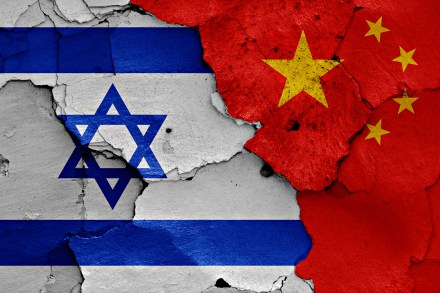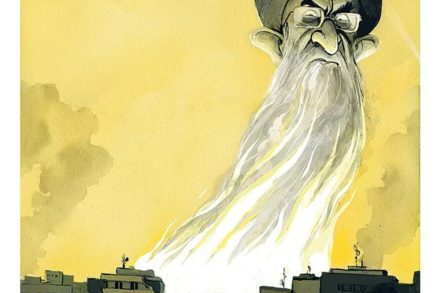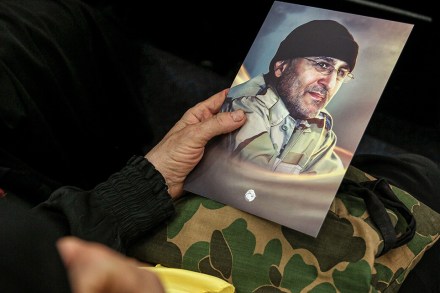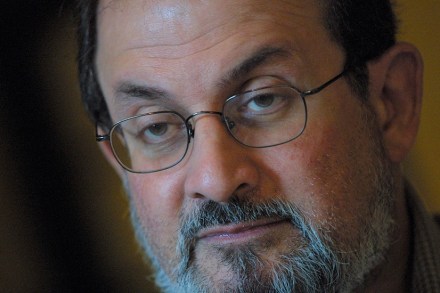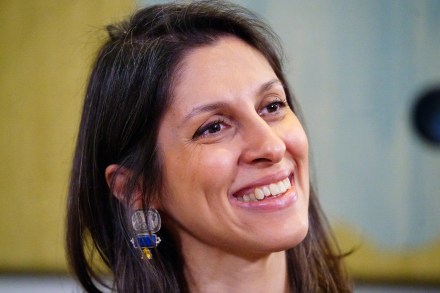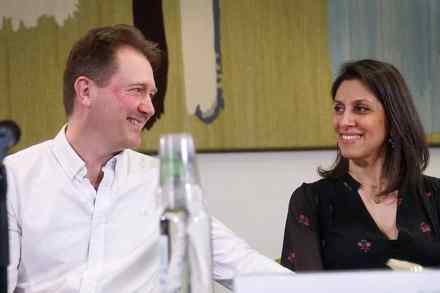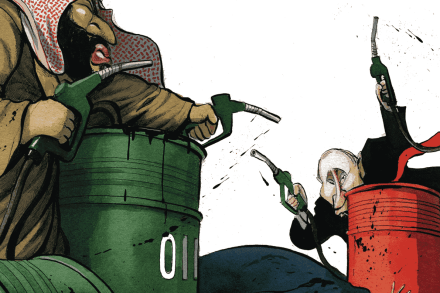Joe Biden’s Middle East diplomacy is a wreck
Joe Biden prides himself on his decades of foreign-policy experience, his ability to talk tough yet be kind, and his talent for bringing opposing sides together. Touching down in Israel today, he gave Bibi Netanyahu a big hug – quite the gesture – and promptly told him he believed that ‘the other team’ – i.e. Hamas, not Israel – was responsible for the bomb that struck a hospital in Gaza last night, killing many of non-combatant Palestinians and inspiring another wave of anti-Israel protests. Biden will now set about trying to help release the hostages held by Hamas and persuading local powers to allow a secure flow of humanitarian aid


